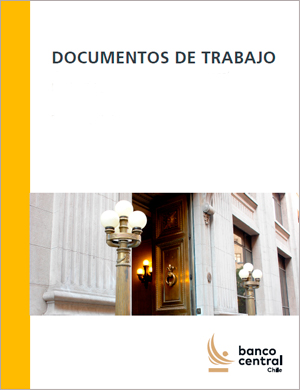Working Papers N° 941: Debt and Taxes: Optimal Fiscal Consolidation in the Small Open Economy
Publications
Working Papers N° 941: Debt and Taxes: Optimal Fiscal Consolidation in the Small Open Economy
Autor: Carlos Rondón-Moreno
Description
In this paper, I argue that the optimal design of a fiscal consolidation plan must consider the transition dynamics of the economy and be chosen such that either welfare (or another given measure of prosperity) is maximized. In the context of a small open economy, I study the optimal design of a fiscal consolidation plan under different monetary policy regimes and, in particular, the implications of reducing debt under a currency peg. Two main lessons are derived from the results. First, consolidation is costly enough regarding welfare, so that the fiscal authority would like to implement it at a very slow pace. If the government is forced to do it by a certain deadline, the welfare maximizing path will reduce the losses but will not be able to offset them. Second, from the output perspective, the optimal consolidation path under an independent monetary regime leads to a positive response of aggregate demand. While, under the currency peg, the optimal path induces an economic recession. Devaluation seems to be a key factor in stabilizing output during fiscal consolidation.
Working Papers N° 941: Debt and Taxes: Optimal Fiscal Consolidation in the Small Open Economy
Boxes and graphics

